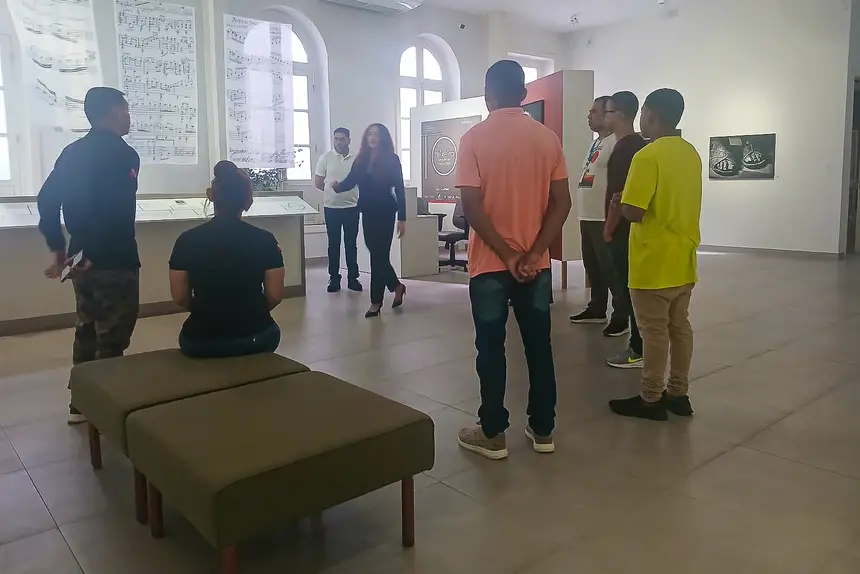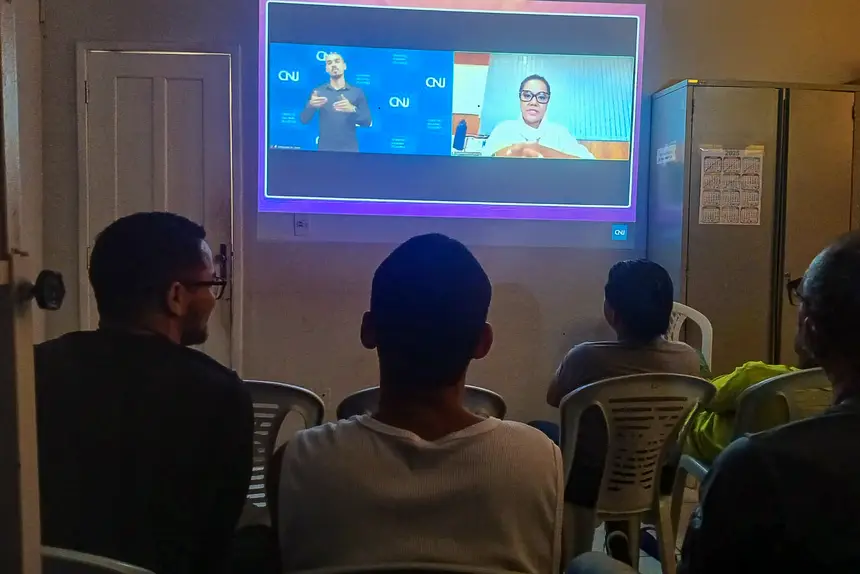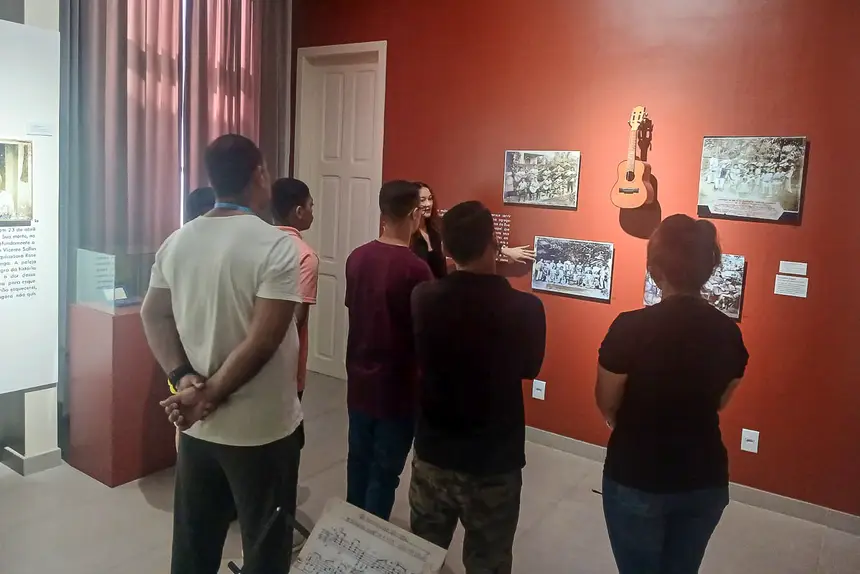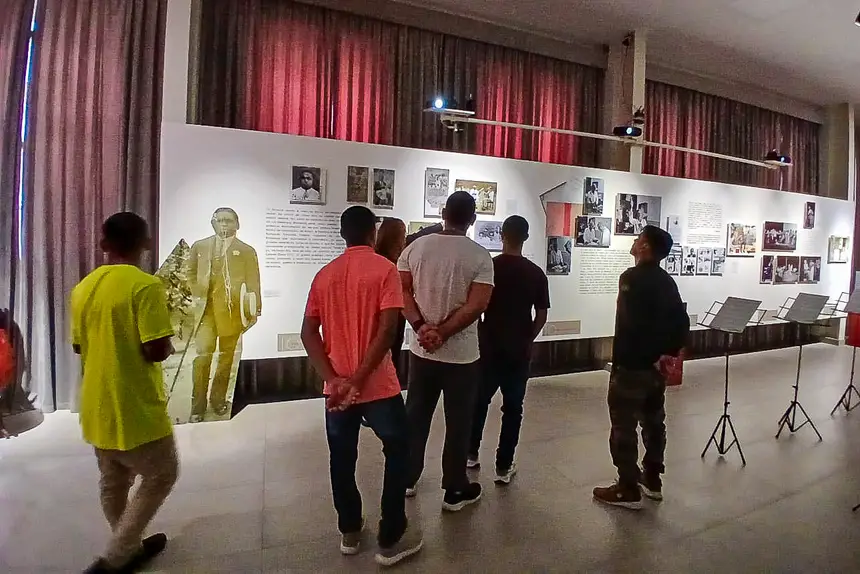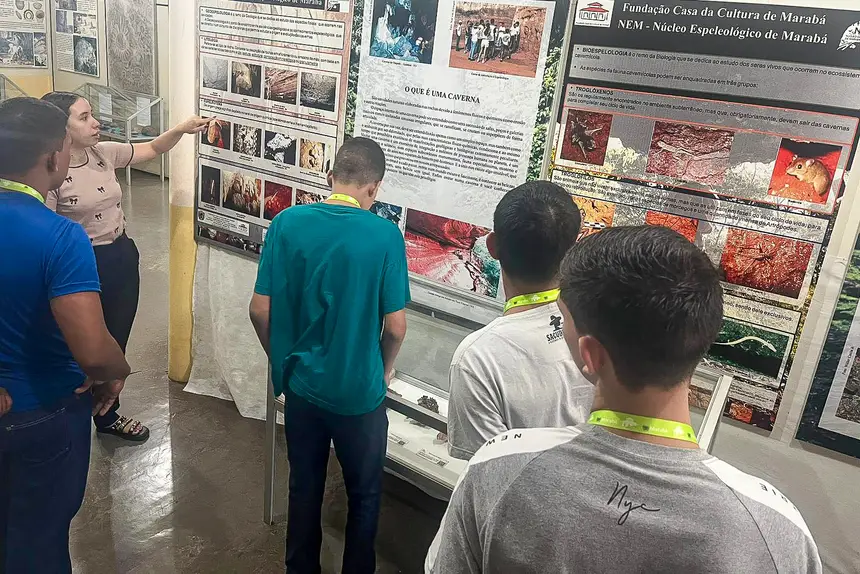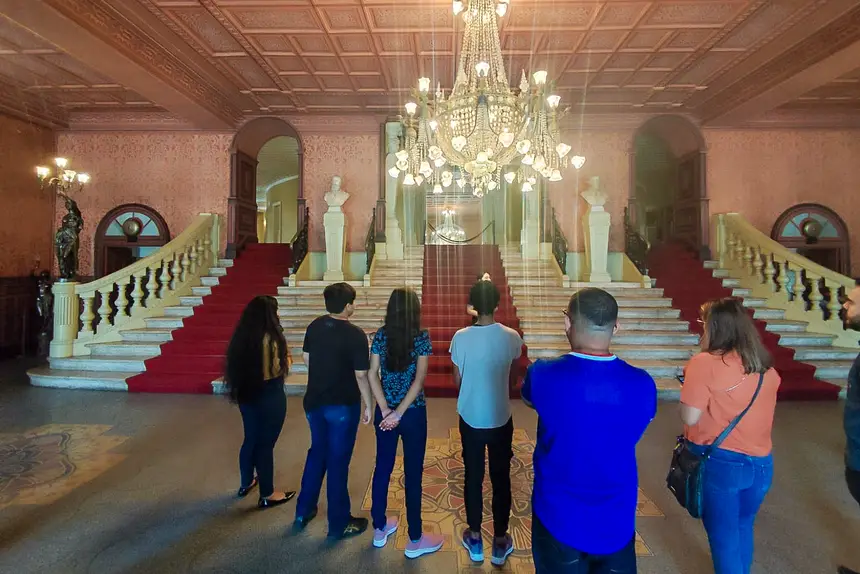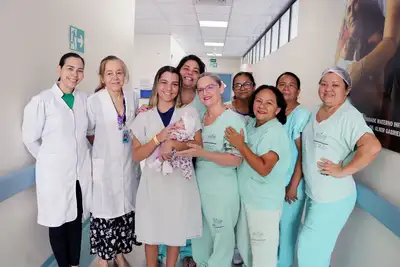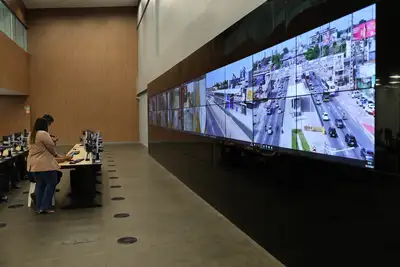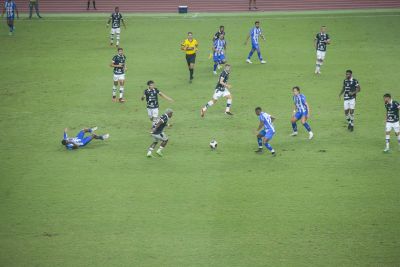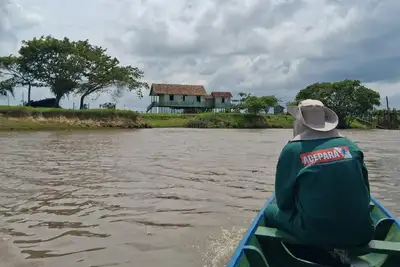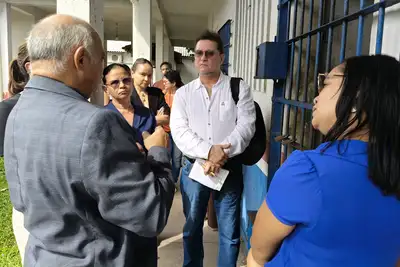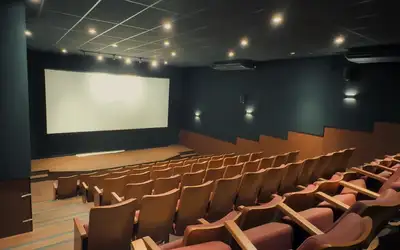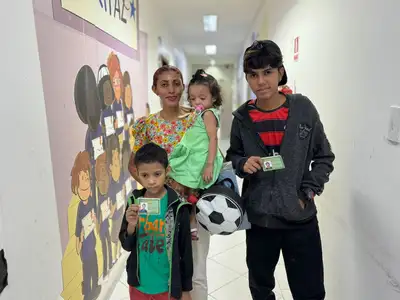Fasepa participates in the 4th edition of 'Literary Paths in Socio-Education' with audiovisual productions that value Pará culture
This initiative is part of the Making Justice program, promoted by the National Justice Council (CNJ) in partnership with the United Nations Development Program (UNDP)
Until July 9, the 4th edition of the project 'Literary Paths in Socio-Education: For the Right to Culture' is taking place, an initiative of the Making Justice program, promoted by the National Justice Council (CNJ) in partnership with the United Nations Development Program (UNDP). The action reinforces the commitment to promoting human rights, strengthening democratic foundations, and improving the socio-educational system in Brazil.
This year, with the theme 'Adolescences on Stage', the event proposes the use of audiovisual media as a means of expression for adolescents undergoing socio-educational measures. This year's edition also celebrates the 35th anniversary of the Statute of the Child and Adolescent (ECA), promoting reflections on democratic access to cultural and audiovisual production in this context.
Pará was one of the highlights of this edition, with three units of the Pará Socio-Educational Service Foundation (Fasepa) selected to represent Pará's socio-education nationally: the Women's Socio-Educational Center (Cesef), the Male Adolescent Internment Center (Ciam), and the Socio-Educational Service Unit (Uase 2).
For two months, the units organized cultural programs that included tours to tourist spots, cinema sessions, and creative workshops. From these experiences, the adolescents produced three distinct projects, including: a music video, a podcast, and an animation. All audiovisual materials were later compiled into an institutional video shown during the national opening of the event on Thursday (3).
Fasepa organized a collective screening of the video for the socio-educational participants at the event's opening, highlighting the works developed, where the youth were the protagonists.
The music video, filmed at tourist spots in the capital of Pará and featuring socio-educational participants from Cesef, values popular culture and emphasizes the role of art and literature as instruments of transformation in the context of socio-education.
The podcast, themed 'Right to Culture', addressed the importance of expanding adolescents' access to cultural experiences, such as cinema, literature, and professional workshops focused on communication. The material promoted an essential discussion about the impact of these activities on the personal and artistic development of the socio-educational participants.
At Uase 2, the adolescents participated in the creation of an original animation, demonstrating creativity, protagonism, and mastery of audiovisual production tools.
According to Alan Lima, coordinator of the Socio-Educational Service Directorate (DAS) of Fasepa, the project celebrates the creative minds of socio-education and strengthens the protagonism of the socio-educational participants.
'The theme chosen by the CNJ, the right to culture through audiovisual media, brought to the Uases the need to articulate with various fronts of the cultural segment, strengthening the link between the Pará Cultural Foundation, Curro Velho, and Cine Líbero Luxardo. As well as the State Department of Culture (Secult), through visits to Theatro da Paz and the Museum of Image and Sound (MIS), experiencing the city and its cultural spaces is the first step to democratizing access to culture,' he said.
'In this edition, the adolescents were able to produce audiovisual materials that could put their youth protagonism into practice and, at the same time, value the work that has been done by our art educators in our Uases,' Alan concludes.
In total, more than 70 socio-educational units from across the country are participating in the 4th edition of 'Literary Paths'. The event highlights audiovisual production as a powerful means of expression and inclusion, in addition to encouraging pedagogical practices that engage with art, literature, and popular culture as possible pathways for social transformation and the development of adolescents undergoing socio-educational measures.
Text: Enzo Brito (intern) under the supervision of Dani Valente - Ascom/Fasepa


